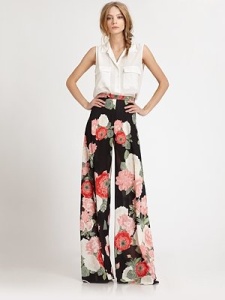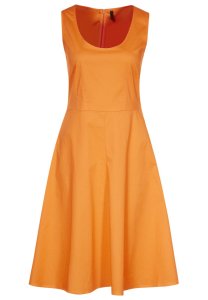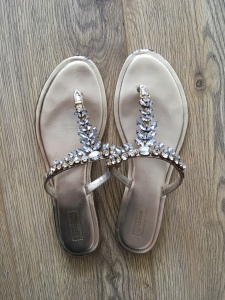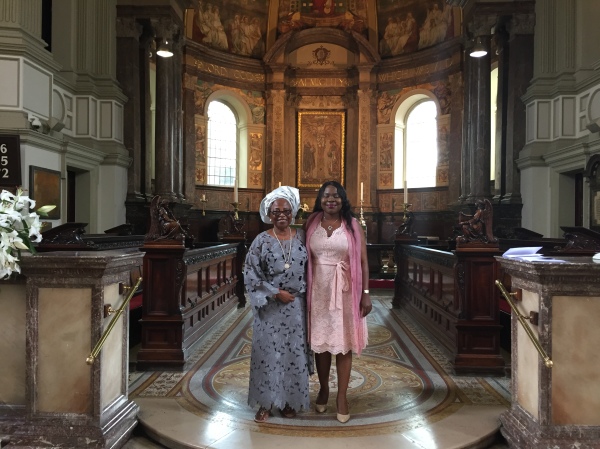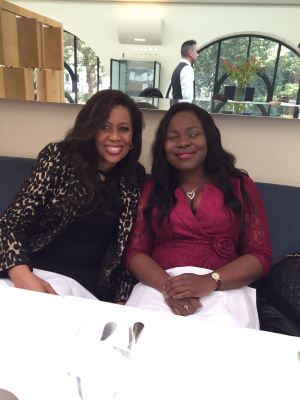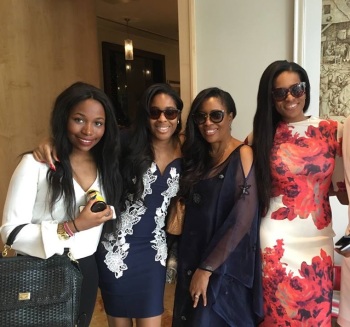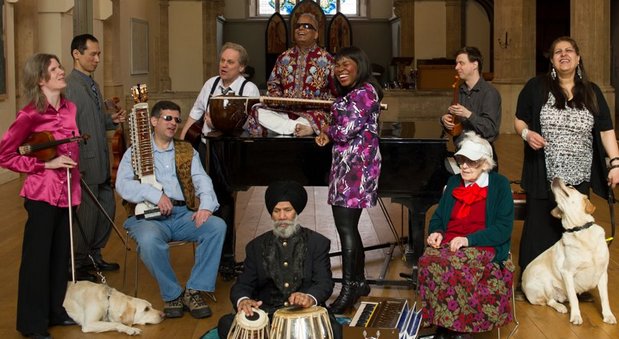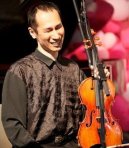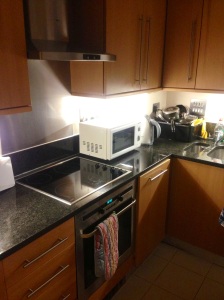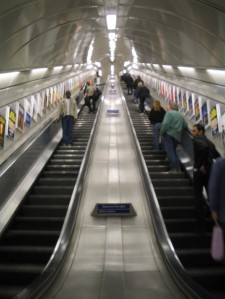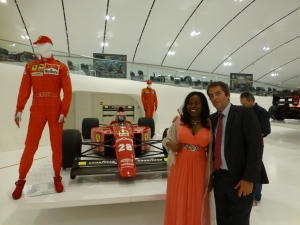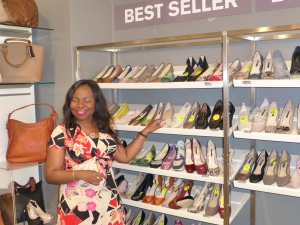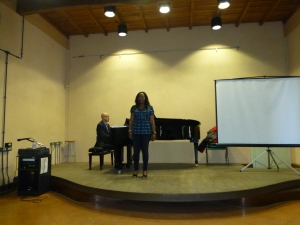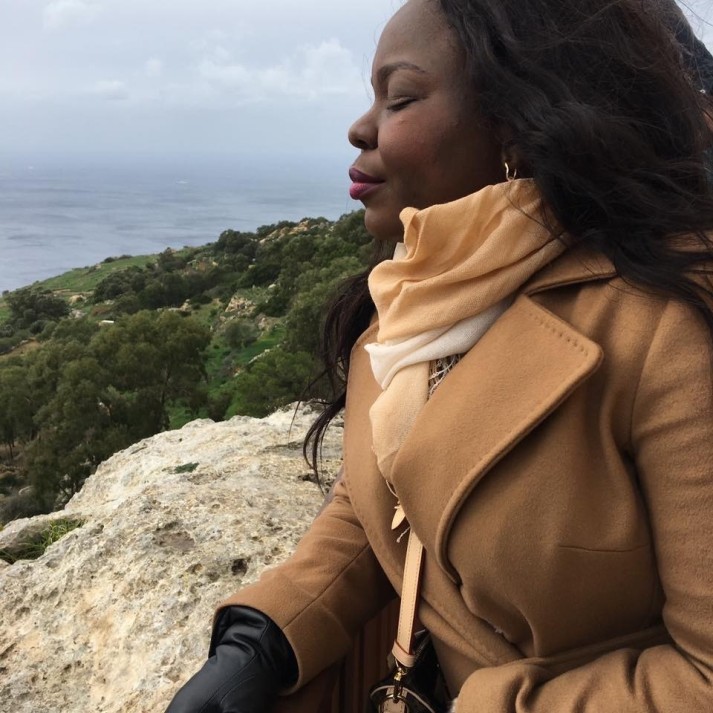
Last summer, I had an amazing experience performing in front of thousands of people at a festival. Never in my dreams had I ever thought I would have this opportunity. On that stage, I felt on top of the world, the happiest I had ever been. My heart was still tingling with the magical feeling one gets after an extraordinary day, when reality did that usual thing of getting in the way.
I was going home, but the train was delayed as a result of a fatality on the tracks. We were reassured that a train would be available soon, but 9pm became 10pm and I started to feel ill at ease. So I asked the station staff to help me call a cab.
I got in the cab, thanked the staff member and after the driver confirmed my identity, my journey commenced.
I had had a very long and exciting day and at this point, I was exhausted, so I was grateful to be in a clean and air-conditioned car.
I asked the driver if he could pass me a lead to charge my phone as I was now at one percent, and didn’t want to risk my phone dying before I reached my destination.
I then carried on using my phone. The driver asked me how I came to be blind. I am always irritated when people I hardly know ask me a personal question. I have written about this in a much earlier post, (it’s nice to see you), but he was the person at the wheel, and I was in the back of his car, so I felt it best to be polite.
I went on to complement his car and ask him about it, thanking him for having a clean air conditioned vehicle. I even told him about my fantasy of being able to drive a car that can go really fast. The journey went on smoothly, but when we reached my destination, he said he was trying to end the trip and the app was not letting him complete the task. He asked me if I could give him my phone so he could end it on my app. I thought this was odd, but there was nothing in his behavior over the past 45 minutes that led me to suspect anything, so I handed it to him. I use my phone with the aid of a screen reader which tells me everything that is happening on the screen. In order for a sighted person to use my phone, I have to switch off the screen reader so it can function like any other. When I handed him the phone, it was silent. He could see, but I could not hear what was happening. He gave the phone to me after a few quiet moments and escorted me to my doorstep.
Having had a 14 hour day thanks to the delayed train, I was relieved to be home in one piece. Just before going to bed, I checked my email to see how much I had been charged. I discovered that not only had I been charged the sur-charge expected, but that there had been a £20 tip and a 5 star rating for the driver that I was not aware of. The tingly magical feelings completely disappeared, replaced with shock and then anger. Shock that a person who appeared so caring could do something so calculating and deceitful. Anger that I was so easily taken for a fool because I was blind. Hurt that I had made an effort to relate to this person as a fellow human in spite of how tired and unwilling I was to engage with him in conversation. Sad that no matter how invincible I felt on that stage, one single act from a sighted person could make me feel so vulnerable.
I immediately used the help menu on my app to report the incident. I started to think about this from the company’s point of view. What if they did not believe me? After all, it would have been my word against his, the crime was committed using my device. Who is to say I didn’t do it by accident? Or even realize much too late that I couldn’t afford such a large tip? Or just wanted to cause mischief? I knew I didn’t give him the tip, I knew I didn’t rate him 5 stars, but I also knew that if he had not done what he did, I would have rated him 5 stars before the next trip I would take using Uber. I also know that in the five years since I started Uber, I have never tipped a driver more than £1.
Being a free-lance opera singer, I travel to places that are unfamiliar to me; for ease of movement and peace of mind, I use cabs a lot. If I tipped every driver £20 I’d be completely out of pocket.
In a cab, I can relax, listen to music or learn my script without unwanted interruptions. Sometimes, I could even catch a power nap if I am flagging during a long day.
Fortunately, Uber was very good. I got a response in the next day, and after arranging a suitable time, a member of the customer care team called to have a chat with me. They expressed their regret that I experienced something this awful in their hands and they refunded me my fair. With regards to the tip, they reported this to the police and sent me the incident reference number.
The police called a week later and the investigation began. I told the police everything I knew. I had hoped that a caution/warning would have been enough if he had confessed, and showed remorse when questioned by the police.
A few months later, I was informed that the driver denied taking any tip from me, and as a result of this, they reported the case to the CPS.
At this point, I started to doubt myself. If I was in the driver’s shoes, and I did something this despicable, the time to confess would be now, when the police were asking. As an experiment, I went back to the app and attempted to tip a driver. I noticed that the app only gave you the options to tip £1, £2 or £5. Anything else would have required me to go to double tap on the edit box, type £20 in it and press submit. I could never have accidentally tipped the driver.
Two weeks ago, I appeared to testify as a witness before the magistrates. At the conclusion of the trial, the driver was found guilty.
Media Coverage
I was not aware that all criminal cases were open to media attendance until I got a call from a paper asking me for a comment. When the story was released online, I received a lot of support from people, but there were some who were of the opinion that I was naïve to have handed the driver my phone in the first place. I was even more surprised that such comments were made by visually impaired people. I have been made very aware of my vulnerability and how susceptible I am to be a victim of crime. This aspect of life causes me anxiety. If I could describe the anxiety I would experience before leaving my house each day, it would look to you like a big growling monster. A monster which would grow bigger, with sharp claws, fangs, etc if I fed it by imagining all the awful things that could happen to me outside the comfort of my home.
However, to allow my mind to do this would be to deny myself the right to live a full and fulfilling life. I have very nice and trustworthy PAs who work with me to facilitate my independence, but I also spend time without PAs. Such as when I hang out with friends, go to work, and attend college. When I choose to go out alone, I refuse to give in to the monster’s growls. I choose to believe that I live in a society where people are kind and generally mean well, and that is usually the case. The worst that would ever happen is people trying too hard that I have to say, “it’s all right, I’m ok”. I am a living testimony to the fact that in a world that could sometimes be perceived as cruel, there is goodness and kindness. That is what I choose to bare in mind when I go out on my own.
Does Trusting Make me Naïve?
Having been blind for over 30 years, I have come to learn that one of the things sighted people fear the most is the thought of losing their sight. People with sight rely on it for information that keeps them feeling in control of most situations; therefore, they perceive themselves to be less vulnerable. I am aware of how vulnerable I am perceived to be because of my need to trust people. If I am crossing an unfamiliar road, I would often ask a stranger to help me get to the other side. I am trusting at that point that the person will not leave me half way. I do this because I need to trust in order to get to the other side of the road.
When I go into Tescos to ask for a carton of milk, I need to trust that I am being given almond milk instead of oat milk. Now there are some blind people who would rather order things online or go with an equipment which reads out what is being given to them, but that process does not cater for an unforeseen emergency, especially when the technology fails.
When I chose to give the driver my phone, I trusted that he was a licenced TFL driver working for Uber, whose details and whereabouts could be traced. I also know that he could not access my banking tools etc without my pin. I was also aware that if he did anything using the Uber app, Uber would inform me automatically. My only error was trusting that he was intelligent enough to understand the reasoning behind my choice to trust him. He saw an easy opportunity to exploit someone he perceived to be vulnerable and could not resist the temptation. From my point of view, that says a lot more about his moral fiber than about my common sense.
The Power of Vulnerability
I have also come to learn that there is strength in vulnerability. The more aware I am of my vulnerability, the more equipped I am to work with it. I have written about this in one of my previous posts (I trust because).
Some let other people’s perception of their disability define their relationship with it, I choose to have the relationship with my disability that leaves me feeling empowered. I ask for help because I need to do things differently. I also realise that trust has so far taken me places that most people could only imagine.
I trust because, choosing not to trust is synonymous with choosing not to live.
Court Ruling
- Committed to prison for 5 months suspended for 12 months.
- Unpaid Work Requirement: Carry out unpaid work for 240 hours within the next twelve months.
- To pay compensation of £220.00.
- To pay costs of £897.00 to the Crown Prosecution Service.
- Disqualified for holding or obtaining a driving licence for 6 months.
https://www.standard.co.uk/news/crime/uber-driver-conned-blind-singer-victoria-oruwari-a4352836.html


